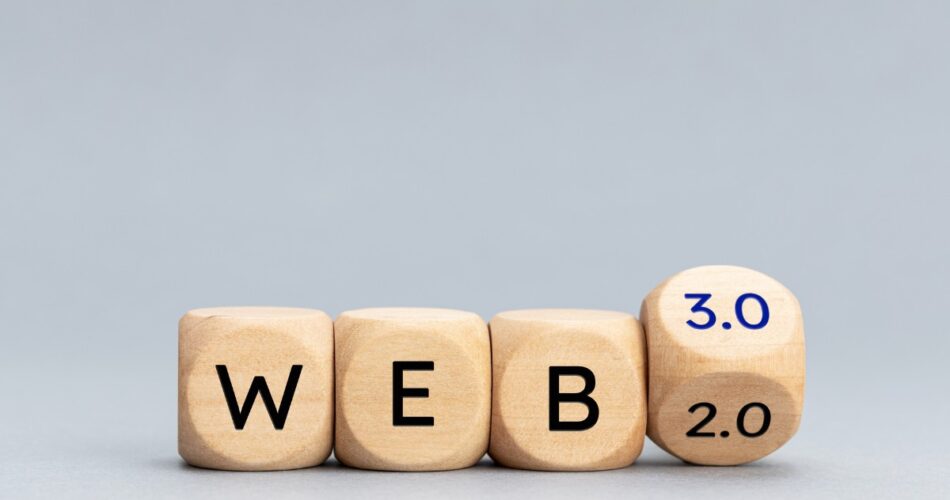The Problem Nobody Talks About
You’ve heard the buzzword “Web3” everywhere. Your tech-savvy friend won’t shut up about it. LinkedIn is flooded with people adding “Web3” to their titles. But when you ask what it actually means, you get a word salad of “blockchain,” “decentralization,” and “smart contracts” that makes your brain hurt.
Here’s the truth: Most explanations of Web3 suck. They’re written by tech people for tech people. But you’re not trying to become a programmer – you just want to know if this thing matters for your life.
Let me fix that for you.
Think of It Like This: The Internet’s Evolution
Remember when the internet was just websites you could read? That was Web1 – like a giant digital library. You could look at stuff, but that was it.
Then came Web2 (where we are now). This is like a giant digital mall where you can:
- Share your photos on Instagram
- Buy stuff on Amazon
- Connect with friends on Facebook
- Build your career on LinkedIn
But here’s the catch: In this digital mall, a few big companies own everything. They own your data, your content, your connections. It’s like shopping in a mall where the mall owner keeps a copy of everything you buy, everyone you talk to, and sells that information to advertisers.
Web3 is the next version – imagine a digital farmer’s market instead. You own your own stall. You keep your own money. You decide who gets your information. No single company controls everything.
The Solution: Ownership + Control = Web3
Web3 gives you three superpowers:
1. You Own Your Stuff
When you post a photo on Instagram, Instagram owns it. In Web3, you own it. It’s like the difference between renting and owning a house.
2. You Control Your Identity
Instead of logging into 50 different websites with 50 different passwords (or letting Google control everything), you have one digital identity that YOU control.
3. You Can Make Money Directly
No middlemen taking cuts. If you’re an artist, you sell directly to fans. If you’re a writer, readers pay you directly. It’s like selling vegetables at a farmer’s market instead of through a supermarket.
Real Examples That Actually Matter
For Creators: Sarah makes YouTube videos. YouTube takes 45% of her ad money. In Web3, she could keep 95%.
For Gamers: Tom spent $500 on Fortnite skins. If Fortnite shuts down, that money’s gone. In Web3 games, he actually owns those items and can sell them.
For Everyone: Remember when Facebook went down for a day? In Web3, no single company has that power.
What You Can Do Today
- Start Small: You don’t need to buy cryptocurrency or NFTs yet. Just start learning.
- Try One Thing: Download a Web3 browser like Brave. It blocks ads and pays YOU for your attention.
- Ask Questions: Join our community and ask anything. No question is too basic.
- Keep Reading: Bookmark this site. We’ll guide you step by step, no weird words allowed.
Web3 isn’t perfect. It’s early, sometimes clunky, and yes, there are scams to avoid. But it’s also the biggest shift in how the internet works since social media was invented. You don’t need to go all-in tomorrow. But you do need to understand it. Because in 10 years, this will just be “the internet” – and you’ll be glad you started learning now.
Next Step: Read our article “Blockchain = Digital Lego Blocks” to understand the technology behind Web3 (spoiler: it’s simpler than you think).
